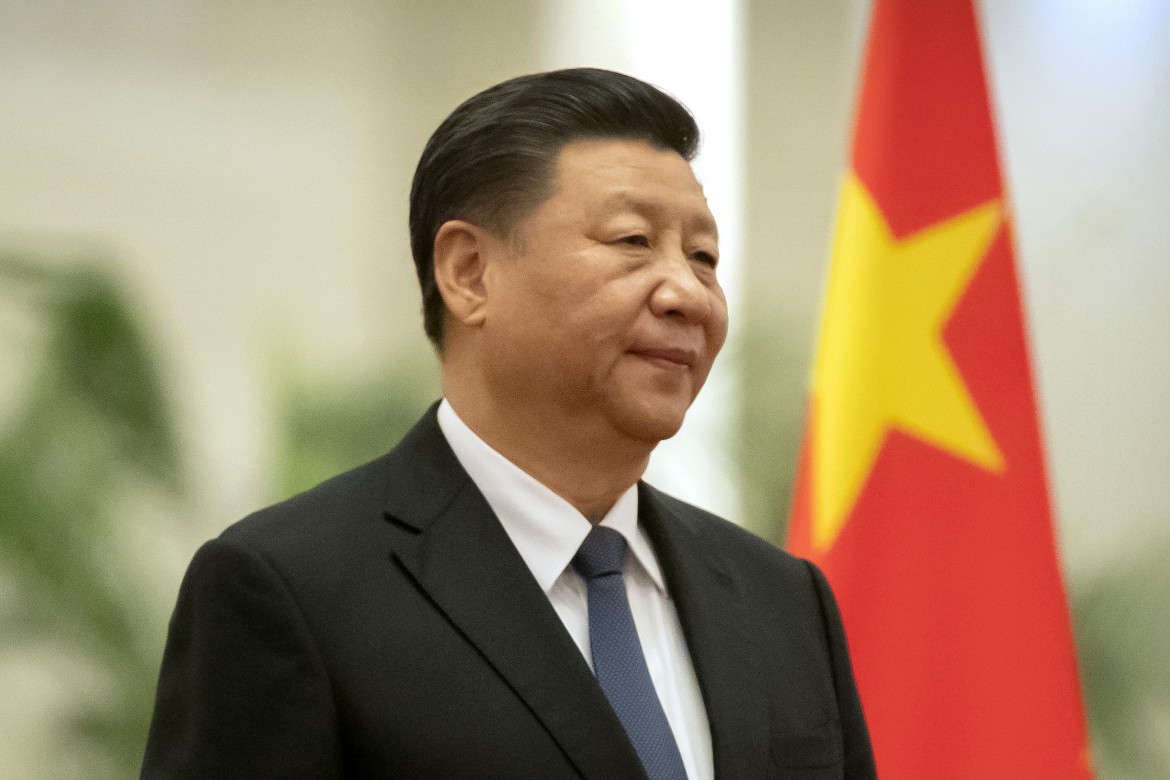Report
China says it’s premature to investigate the origins of COVID
Xi’s tone has been conciliatory, and he promised that China will make a vaccine available to everyone if it develops one. However, he pushed for an investigation into the outbreak in Wuhan to be postponed.

The World Health Assembly, the decision-making body of the World Health Organization (WHO), was supposed to be a kind of showdown between China and the rest of the world. It is no coincidence that it was preceded by weeks of confrontation between the US—at the forefront of the initiative—together with 121 other countries and Beijing, calling for an international inquiry that would shed light on the origins of COVID. It was a legitimate request, but its tone ended up giving Beijing the impression it was being ganged up on, which usually leads to angry responses from the Chinese side.
The meeting was started by the UN Secretary General, Antonio Guterres, who pointed out that in some countries in the world, the WHO’s recommendations “went unheeded,” creating dramatic situations.
The director general of the WHO, Tedros Adhanom Ghebreyesus, speaking about the “restarting” of many countries after the hard period of lockdown, warned against falling prey to easy enthusiasm: “the majority of the world’s population remains susceptible to this virus. The risk remains high and we have a long road to travel,” he stressed.
“The countries that have done well” have applied all the recommended measures, he added. “There is no silver bullet. There is no simple solution. There is no panacea. There is no one-size-fits-all approach. […] This is a dangerous enemy, with a dangerous combination of features: this virus is efficient, fast, and fatal. It can operate in the dark, spread silently if we’re not paying attention, then suddenly explode if we aren’t ready. And moves like a bushfire … We must treat this virus with the respect and attention it deserves.”
However, from a political point of view, the main focus of the assembly was the request for an investigation into the origins of the pandemic, calling out China in particular.
The draft resolution was supported by 122 countries, at the initiative of Australia, calling for an investigation into the origin of the coronavirus and the WHO’s management of the early stages of the pandemic. The draft never mentioned either China or Wuhan, but the references are quite explicit (and Beijing has already “punished” Australia in its own way by raising tariffs on some products). In the days before the assembly, Beijing had attacked the initiative, which had resulted in the initial draft being “softened.” This is why Monday’s speech by Chinese President Xi Jinping was perhaps the most eagerly awaited at the event.
In his speech, Xi chose to use a conciliatory tone, and brought up once again the promise that China will make a vaccine available to everyone if it manages to develop one. However, as regards the investigation, while recognizing the need for one, he pushed for it to be postponed to a later date: “China supports the idea of a comprehensive review of the global response to COVID-19 … This work should be based on science and professionalism, led by WHO and conducted in an objective and impartial manner,” the Chinese President stressed, “but only after [the pandemic] is brought under control.”
Xi also announced that China will donate $2 billion to the WHO to fight the coronavirus, and that if Beijing were to discover a vaccine against COVID-19, it would make it “a global public good.” Among the many wishes expressed by Xi, there was also the possibility to proceed with the suspension of debt service payments for the poorest countries. Speaking via videoconference—like all the other participants—Xi said that “China is also ready to work with the international community to bolster support for the hardest-hit countries under the greatest strain of debt service, so that they could tide over the current difficulties.”
On this occasion, Xi stressed the need to help African countries in particular in the fight against the pandemic. “China has sent a tremendous amount of medical supplies and assistance to over 50 African countries and the African Union. Five Chinese medical expert teams have also been sent to the African continent. In total, in the past seven decades, over 200 million people in Africa have received care and treatment from Chinese medical teams. At present, 46 resident Chinese medical teams are in Africa helping with COVID-19 containment efforts locally.”
However, the US position was delivered in very strong terms, which was a given considering the view expressed by Trump in recent days: “We saw that WHO failed at its core mission of information sharing and transparency when member states do not act in good faith. This cannot ever happen again.”
On Tuesday, the resolution on COVID-19 was set to be put up for a vote, but it needed the support of two thirds of the 194 members of the assembly, and it was not certain that its initiators would be able to convince those who are not persuaded by an initiative that seemed more “geopolitical” than actually connected to the demand to investigate the origin of the virus.
However, on Tuesday afternoon China agreed to join the list of co-sponsors for the resolution in an amended form, and it was passed by the WHO assembly by consensus. Australian Foreign Minister Marise Payne welcomed the passage of the resolution, which “commits to an impartial, independent and comprehensive evaluation into COVID-19, at the earliest appropriate moment, to review the lessons learned from the international health response coordinated by the World Health Organization (WHO).”
On the other hand, China insisted that the version passed was “totally different” from the one initially proposed by Australia, which Beijing had objected to, insisting that “we firmly oppose political maneuvering on the epidemic.”
Originally published at https://ilmanifesto.it/per-la-cina-lindagine-sulle-origini-del-covid-e-ancora-prematura/ on 2020-05-19
